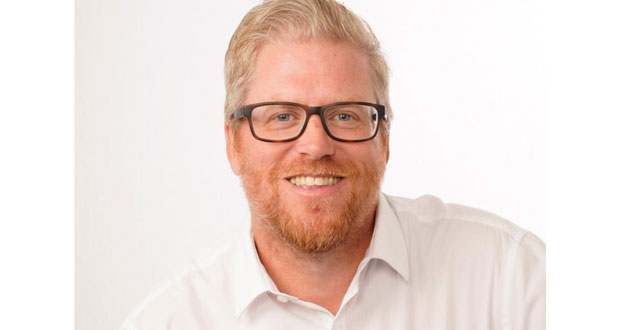In the month that the world marks World Suicide Prevention Day, which is hosted on 10 September, national security group, First Response Group (FRG), has joined the Security Consortium for the Prevention of Suicide (SCPS).
Founded three years ago, SCPS is a network of security groups and people in both the public and private sector working in collaboration to prevent suicide, with a particular focus on those working in the security profession which suffers one of the highest percentages of occupational stress.
According to research conducted by the Consortium for the Prevention of Suicide, security is the third highest industry in the UK impacted by suicide.
Barry Dawson, who joined FRG as its Group Managing Director earlier this year, strongly supports FRG’s commitment to working alongside others in the security sector to reduce the causes of suicide through sector-wide collaboration. He said: “I have been in this industry a long time, 35 years in fact, and have long been aware of the problem faced by many security officers in dealing with stress associated with rigours many of them face daily in protecting people and assets.
“The SCPS is an excellent platform for educating and sharing knowledge. In my view, every security company needs to get behind this.”
According to research led by Dr Risto Talas and professor Mark Button, professor of criminology in the School of Criminology and Criminal Justice at the University of Portsmouth, a staggering 40 per cent of security officers display some symptoms of Post Traumatic Stress Disorder (PTSD).
On publishing his findings, Professor Button had said: “The research has revealed a worrying lack of support provided by the security companies. This must change and more research is required on what the security industry as a whole must do to address this issue before it becomes a larger societal issue, with added pressure on the limited mental health and wellbeing services provided by the NHS.”
Commenting on the group’s backing of the Consortium, CEO of FRG Simon Alderson (pictured above) said: “Many security professionals will struggle with mental health problems. It’s crucial that the industry grasps this and puts in place the measures to identify all the warning signs and prevent avoidable personal tragedy.
“It is also important to recognise that Security officers are often first responders when someone is in crisis, including those at risk of suicide. Ensuring security professionals have the right tools and training empowers them to respond effectively and ultimately contribute to safer, more effective outcomes in crisis situations.”
The consortium is guided by a panel that includes representatives from the National Police Chiefs Council Suicide Prevention Group, City of London Police, The Worshipful Company of Security Professionals and the Samaritans.
Frontline workers form the backbone of facilities management services, serving as the face of the brand and interacting directly with customers. Yet research by both L&G and the Living Wage Foundation reveals the majority feel overlooked and expendable.
Accelerating the problem is a growing technology gap. Despite having 2.7 billion deskless workers worldwide, representing 80 per cent of the global workforce, only one per cent of software and technology investments has been allocated to this segment. This means there is a huge disconnect between frontline workers and their headquarters, leading to lack of sufficient training, communication challenges and low employee retention.
For this webinar, FMJ has teamed up with frontline training platform Lingio to bring together a panel of experts, to discuss how easy-to-use and efficient AI tools can help create engaging and gamified learning experiences that fit the needs of underserved deskless workers. The result? Better software and learning experiences lead to improved staff engagement and reduced staff turnover by up to 95 per cent, according to McKinsey.
To register for the webinar taking place on 11 September at 11:00 am click here.





